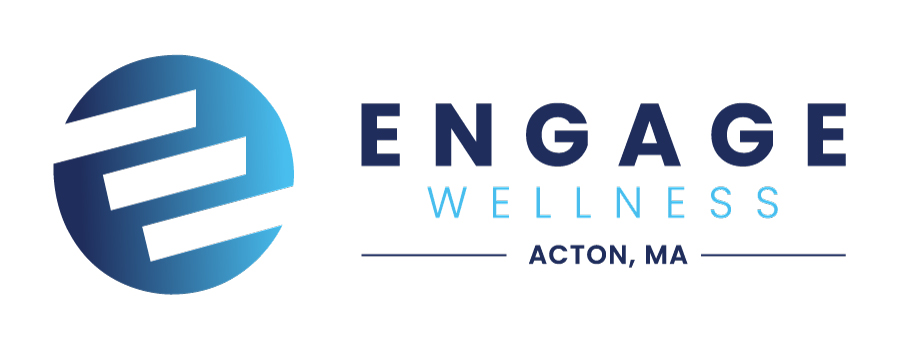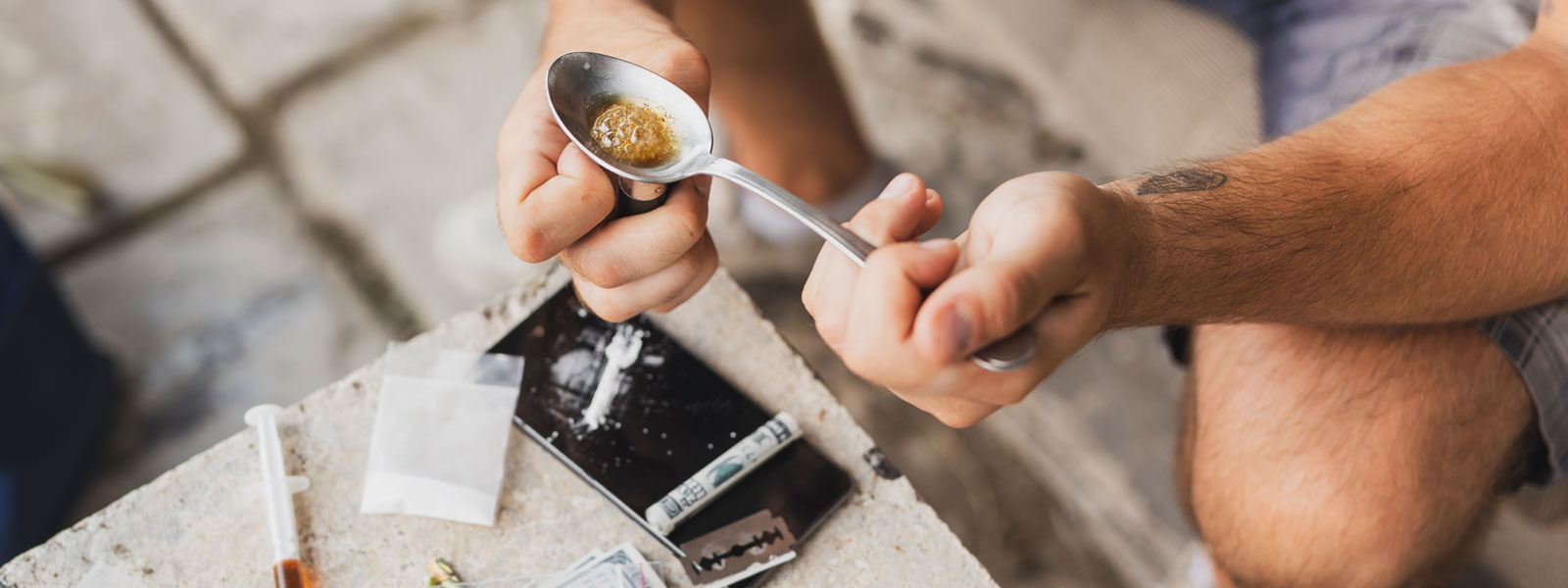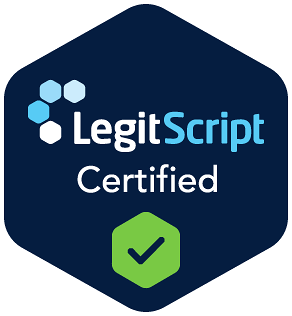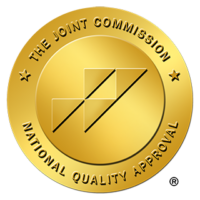Heroin Detox
Detox Programs: Heroin Detox
Heroin misuse is a serious problem, both in Massachusetts and across the United States. As an opioid, heroin is highly addictive, and users may need to take increasingly strong doses to “chase the high” they want to achieve. Sadly, this can lead to serious illness and death — opioid-related overdose deaths in Massachusetts rose 2.5% over the course of a year, according to recent reports.
For the individual, wanting to break free of heroin addiction and seeking help is a huge achievement. Here at Engage Wellness Acton, we work with numerous clients, providing heroin addiction treatment that helps build resilience, self-esteem, and fortitude. We also refer clients to trusted partners that offer effective, compassionate heroin detox treatment.
For anyone struggling with heroin use or addiction, heroin detox treatment is an essential part of the recovery process.
What Is Heroin Detox?
A heroin detox or detoxification is the process of giving the body time away from heroin to eliminate the harmful toxins. After enough time, the body will process and expel the remaining heroin within the system. However, the body and mind also need to get accustomed to living without heroin. This can take time and requires care and support to ensure the comfort and well-being of the individual.
The detox is just one facet of heroin addiction treatment. At Engage Wellness Acton, we provide ongoing support in our state-of-the-art treatment center. Clients receive therapy for concurrent mental health issues, group sessions, spiritual support, and physical activities that help build strength and self-worth. Heroin detox treatment is just the first stepping stone to long-term recovery.
What Happens During Detox?
Heroin is an opioid, a category of drugs that overwhelm the brain with dopamine and other chemicals associated with pleasure. Over time, the brain believes it needs more of the substance in order to feel “normal.” Opioid use disorder (OUD) can start with prescription drugs, as many painkillers contain addictive opioids. When the drugs are no longer easily available, heroin can seem like an alternative. However, all opioids are dangerous and any form of OUD can quickly lead to disease and death.
Detoxification is necessary to ensure all traces of the opioid leave the system. During detox, the client is removed from all opportunities to use heroin. They’re carefully looked after, ensuring they have the comfort and support needed to get through this first critical stage of heroin addiction treatment.
During the heroin detox process, the individual will suffer withdrawal symptoms, which is the body’s way of trying to get the person to take more heroin. Medical interventions, such as painkillers, anti-anxiety medication, or anti-nausea medication, may help reduce these symptoms. Caregivers will often monitor the individual’s blood pressure and other vitals to ensure they remain safe.
After several days, the body is free of heroin. However, withdrawal symptoms may continue for some time after this. The individual may also experience negative emotions that impact their self-worth, so continuous heroin addiction treatment is essential to prevent a potential relapse.
The Heroin Detox Process
Understanding the heroin detox process in more detail helps individuals and their loved ones know what to expect. The timescales given below are a guide only — the longer someone has used heroin and the larger doses they took, the longer the recovery timeline may be.

What Withdrawal Symptoms Are Expected During Heroin Detox?
It’s normal to experience withdrawal symptoms during a heroin detox treatment. Symptoms are considered acute during the first 12-24 hours since the last time the client used heroin. However, symptoms may peak at any time in the first three days of detox. Many physical symptoms can last for up to ten days. Protracted withdrawal symptoms may last for months and require specialist care and support.
Flu-Like Symptoms
Early heroin withdrawal symptoms present like a bad bout of flu, including:
- Aches
- Runny nose
- Muscle spasms
- Sweating and fever
- Fatigue, often accompanied by repeated yawning
When the client knows that these symptoms are caused by heroin cravings, it can be very tempting to seek out the drug to overcome feelings of illness. As the cravings worsen, the physical symptoms may be accompanied by intense anxiety and agitation. It’s critical that the client gets the right care to ease these symptoms and help them understand that they can resist and overcome the cravings.
Digestive Complaints
As the cravings worsen, the individual may start to experience severe stomach cramps and nausea, leading to vomiting and diarrhea. Their pupils may be dilated, and they may experience chills and goosebumps. The symptoms here are similar to a severe case of food poisoning, and anti-nausea medication and other treatments may help. An experienced detox center will provide food that’s highly nutritious and easy to digest, to ensure their clients don’t become malnourished or dehydrated during this phase.



Ongoing Cravings and Mental Health Concerns
Once the worst of the physical symptoms fade, usually within ten days, other symptoms may become more prominent. The craving for heroin will continue for some time, which is why ongoing heroin addiction treatment is essential to avoid a relapse. Other common symptoms include:
- Anxiety
- Depression
- Low self-esteem
- Mood changes
- Insomnia
- High blood pressure
All these symptoms are treatable with the right approach from a non-judgmental team of addiction specialists.
Types of Heroin Detox
There’s more than one method of heroin detox treatment. Work with an experienced addiction specialist at Engage Wellness Acton to understand which is the right option for you.
Finding the Right Heroin Detox Facility For You
Here at Engage Wellness Acton we have years of experience finding the right detox centers for our clients. While we don’t provide detoxification services on-site, we work with many trusted partners who help our clients make that all-important first step to recovery. Contact us today on behalf of yourself or a loved one to find out how we can take that journey together.










